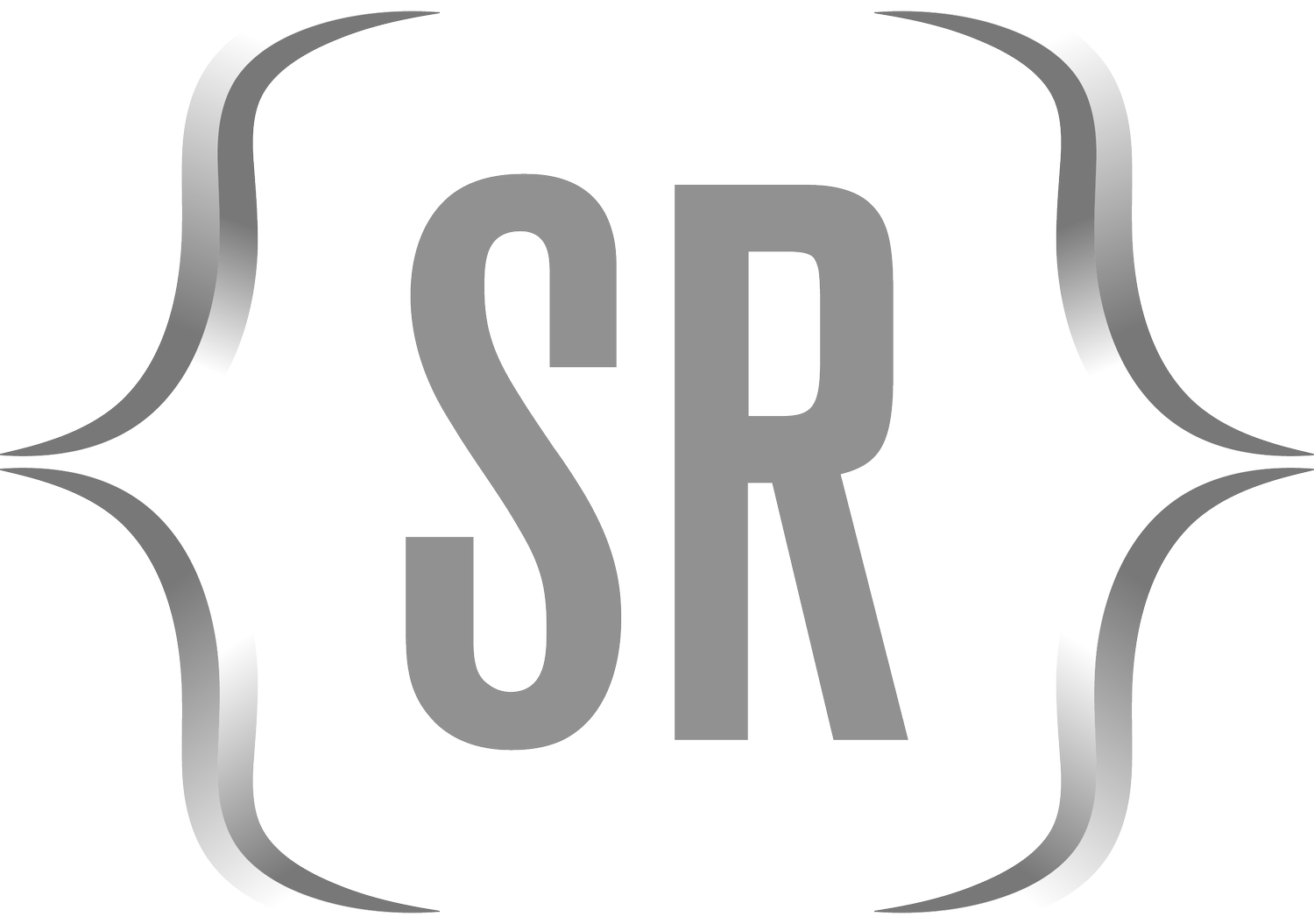The “sort” Function in R
Package: Base R (no specific package required)
Purpose: Sorts the elements of a vector or other indexed data structure in ascending or descending order.
General Class: Data Transformation
Required Argument(s):
x: A vector or other indexable object.
Notable Optional Arguments:
decreasing: Logical. If TRUE, sorts in descending order; if FALSE (default), sorts in ascending order.
Example:
# Example data for using the sort function
unsorted_vector <- c(5, 2, 8, 1, 3)
# Use sort to sort the elements of a vector in ascending order
sorted_vector <- sort(unsorted_vector)
# Display the result
print(sorted_vector)In this example, the sort function is used to sort the elements of a numeric vector (unsorted_vector) in ascending order. The resulting vector (sorted_vector) contains the elements sorted from smallest to largest. The sort function is commonly used for arranging elements in ascending or descending order.
